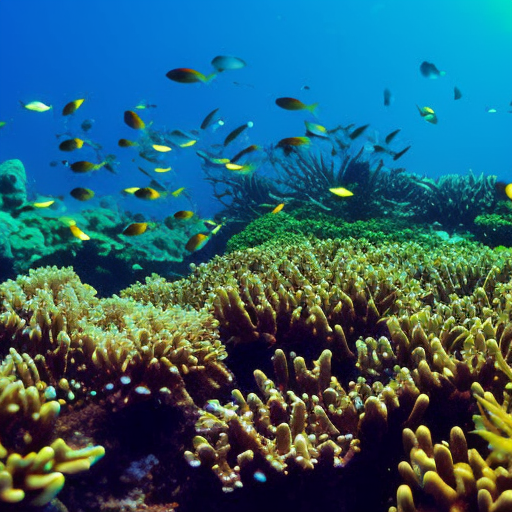Summary:
Ichthyology is the scientific study of fish, including their classification, behavior, ecology, and evolution. It is a branch of zoology that focuses specifically on fish species, their anatomy, physiology, and distribution. Ichthyologists play a crucial role in understanding and conserving fish populations, as well as studying the impact of human activities on aquatic ecosystems.
Overview:
Ichthyology is a specialized field of study that encompasses various aspects of fish biology. It involves the classification and identification of fish species, their evolutionary history, behavior, physiology, and ecology. Ichthyologists study fish in both freshwater and marine environments, examining their adaptations to different habitats and their interactions with other organisms.
Classification and Identification:
One of the primary tasks of ichthyologists is to classify and identify fish species. They use various techniques, such as morphological analysis, DNA sequencing, and molecular markers, to determine the relationships between different fish species. This information is crucial for understanding the evolutionary history of fish and for identifying new species.
Behavior and Ecology:
Ichthyologists study the behavior of fish to gain insights into their feeding habits, reproductive strategies, and social interactions. They investigate how fish navigate their environment, communicate with each other, and respond to changes in their surroundings. Understanding fish behavior is essential for managing fish populations and developing effective conservation strategies.
Fish ecology is another important aspect of ichthyology. It involves studying the interactions between fish and their environment, including their role in food webs, their habitat requirements, and their responses to environmental changes. By studying fish ecology, ichthyologists can assess the health of aquatic ecosystems and identify potential threats to fish populations.
Physiology and Anatomy:
Ichthyologists examine the internal and external anatomy of fish to understand their physiological adaptations. They study the structure and function of fish organs, such as gills, fins, and swim bladders, to determine how fish are adapted to their specific habitats. This knowledge is crucial for understanding fish physiology and for developing strategies to improve fish health and welfare in aquaculture settings.
Conservation and Management:
Ichthyologists play a vital role in the conservation and management of fish populations. They assess the status of fish stocks, monitor population trends, and identify threats to fish biodiversity. By studying the impact of human activities, such as overfishing, pollution, and habitat destruction, ichthyologists can provide recommendations for sustainable fisheries management and habitat restoration.
Additionally, ichthyologists contribute to the development of regulations and policies aimed at protecting fish populations and their habitats. They work closely with government agencies, conservation organizations, and fisheries managers to implement effective conservation strategies and ensure the long-term sustainability of fish resources.
Research and Education:
Ichthyology is a field that thrives on research and education. Ichthyologists conduct scientific studies to expand our knowledge of fish biology and contribute to the scientific community’s understanding of aquatic ecosystems. They publish their findings in scientific journals and present their research at conferences.
Furthermore, ichthyologists play a crucial role in educating the public about fish conservation and the importance of preserving aquatic ecosystems. They engage in outreach activities, such as public lectures, workshops, and educational programs, to raise awareness about the value of fish biodiversity and the need for sustainable fisheries practices.
In conclusion, ichthyology is a multidisciplinary field that encompasses the study of fish classification, behavior, ecology, physiology, and conservation. Ichthyologists contribute to our understanding of fish biology and play a vital role in the conservation and management of fish populations. Their research and educational efforts are essential for ensuring the long-term sustainability of fish resources and the preservation of aquatic ecosystems.












